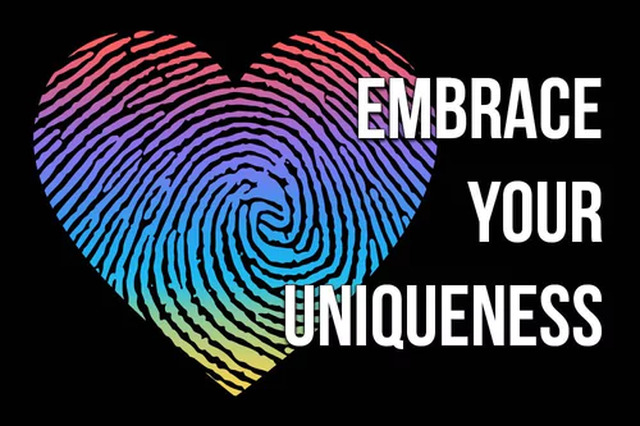By using our website, you agree to the use of cookies as described in our Cookie Policy

Have you ever felt like it is easier to talk about your problems with a stranger? Perhaps you felt that you were listened to in a different way or you received some advice that you had never thought about before. Although it may seem strange to open up to a stranger (no pun intended), it is actually not an uncommon experience at all for people to go to someone whom they don’t really know for guidance.
You may have figured it out already, but guess what therapy is? Talking to a stranger! It is at first, at least, as you do develop a therapeutic relationship as therapy progresses. However, those first few sessions and even that initial effort to seek out a therapist is in fact seeking out a stranger for guidance.
Now, we can ask ourselves why some people seem to be gravitated toward talking to a stranger. I am using the word “stranger” here for a bit of drama, but it is really about talking to someone who is not involved in the immediate innerworkings of your life and in the problem itself.

Our first step in figuring out a solution to a problem is usually to go to friends and family for help. This is an appropriate first step because your loved ones care about you, know you best, and have some insider information on what may be most helpful for you. These people are usually your major support systems in life, and it is only natural that we seek their guidance first.
A lot of the time, we don’t need to take any further action. Our family and friends are often able to provide guidance for our problems without us having to consult anyone else. For example, perhaps you may have received multiple job offers and are trying to decide which one to take. This is probably something you may consult your parents, siblings, partner(s), or friends about in order to talk it out with them and receive some feedback. They may know you well enough to be able to look at the different offers and provide an informed opinion on which job would be the best fit for you.
However, there are also times in which there may be a lot of value in seeking counsel outside of our family unit. Most of the time, usually for the best intentions, our family and friends are emotionally invested in our lives (just as we usually are in theirs). While in some situations this emotional investment can help guide us, in other situations it can invite biased judgements or advice that cloud our decision making.
I will use a really common example: dating someone whom your parents do not approve of. This can happen as a teenager, young adult, or adult. Perhaps this happened to you in the past or it is even happening right now (or perhaps you have been/are the parent in this situation!).
If a dilemma were to occur in your relationship and you would typically seek guidance from a family member, you are more likely to encounter an emotional reaction due to their dislike of your partner and their love for you. These emotions very often change one’s feedback and perspective on a situation—this can lead to biased advice or even confrontation between you and your family. While this is an understandable process/reaction, it usually makes asking for advice from family or friends in these situations unhelpful.
Not only is it appropriate and helpful to consult with others on situations that might provoke bias and emotions within your family, but stepping outside of our family unit for guidance also expands our ability to understand a problem. We invite different backgrounds, perspectives, and approaches when we talk with new people. This can allow for an entirely new insight and/or method when dealing with a problem—it brings diversity into our ability to conceptualize and cope with different situations in life.
Therapy is just one example of talking to a stranger, as therapists are professionals who are there to guide from a different perspective. This idea of talking to a stranger existed long before therapy even existed. For example, some religions have the concept of a confessional in which a person can go speak to a religious leader/guide face-to-face or behind some sort of private screen. A lot of the time, these people are strangers to one another; even if they aren’t, the guide is someone outside of the family unit that is able to provide a different outlook.
So, while it is absolutely expected and sensible to initially look for guidance within your family unit, it is also wise to seek counsel outside of this unit in order to widen your scope and receive a different viewpoint. In essence, it sometimes makes sense to talk to a stranger.
Article by: Kayleigh Sabo, M.S.
‹ Back













